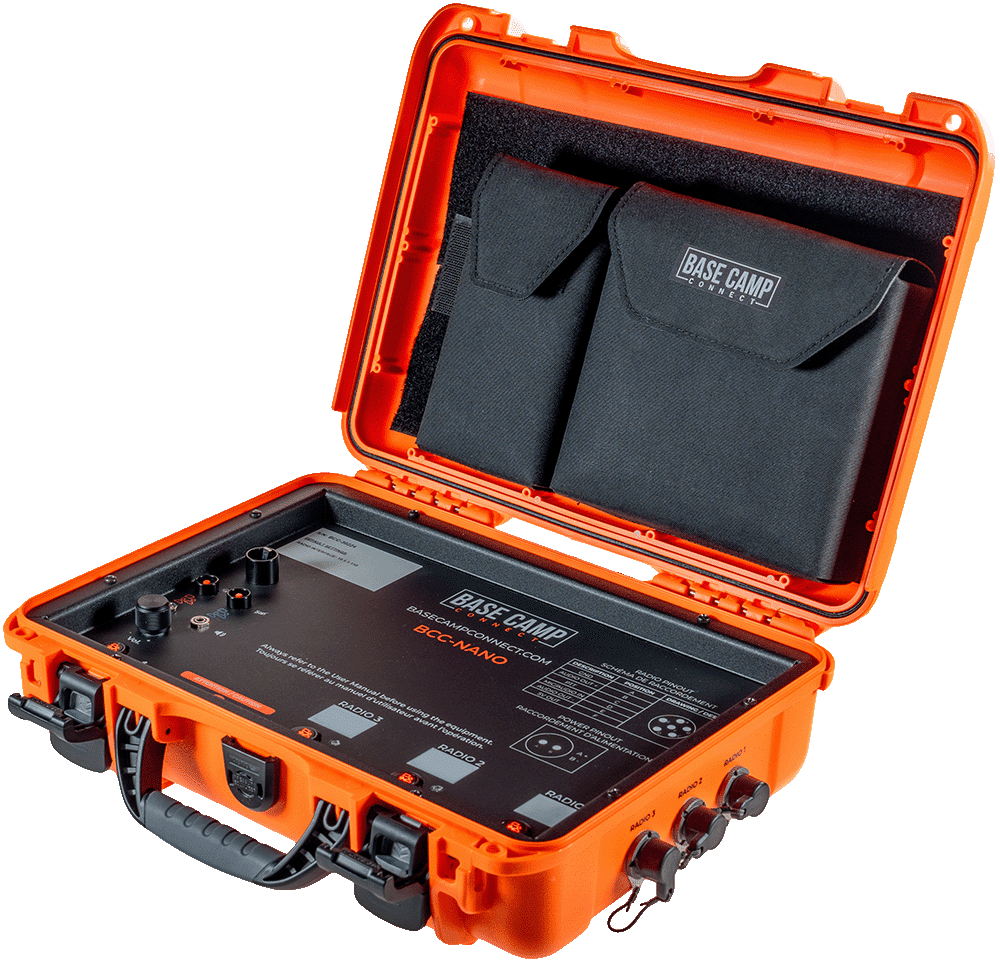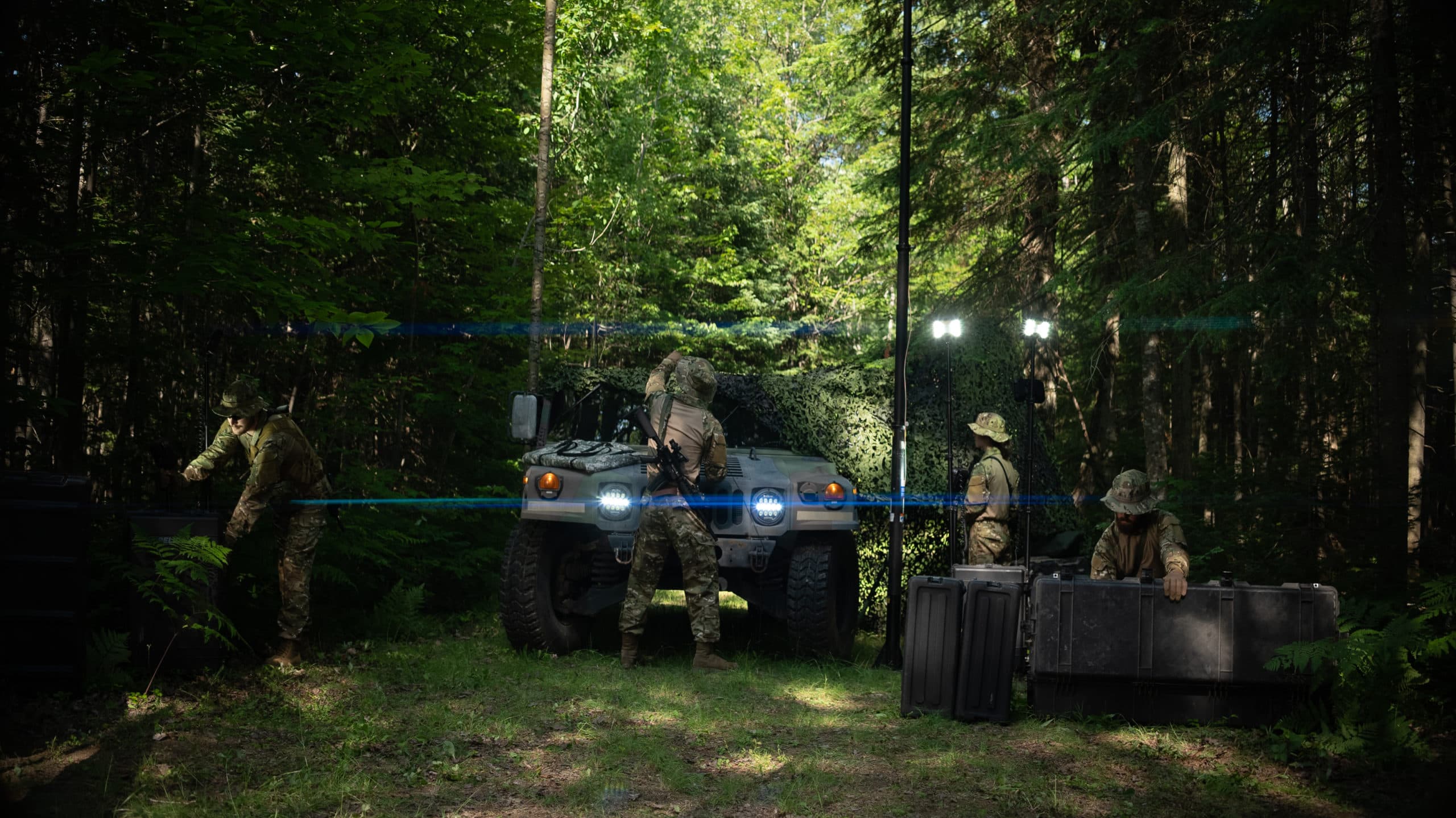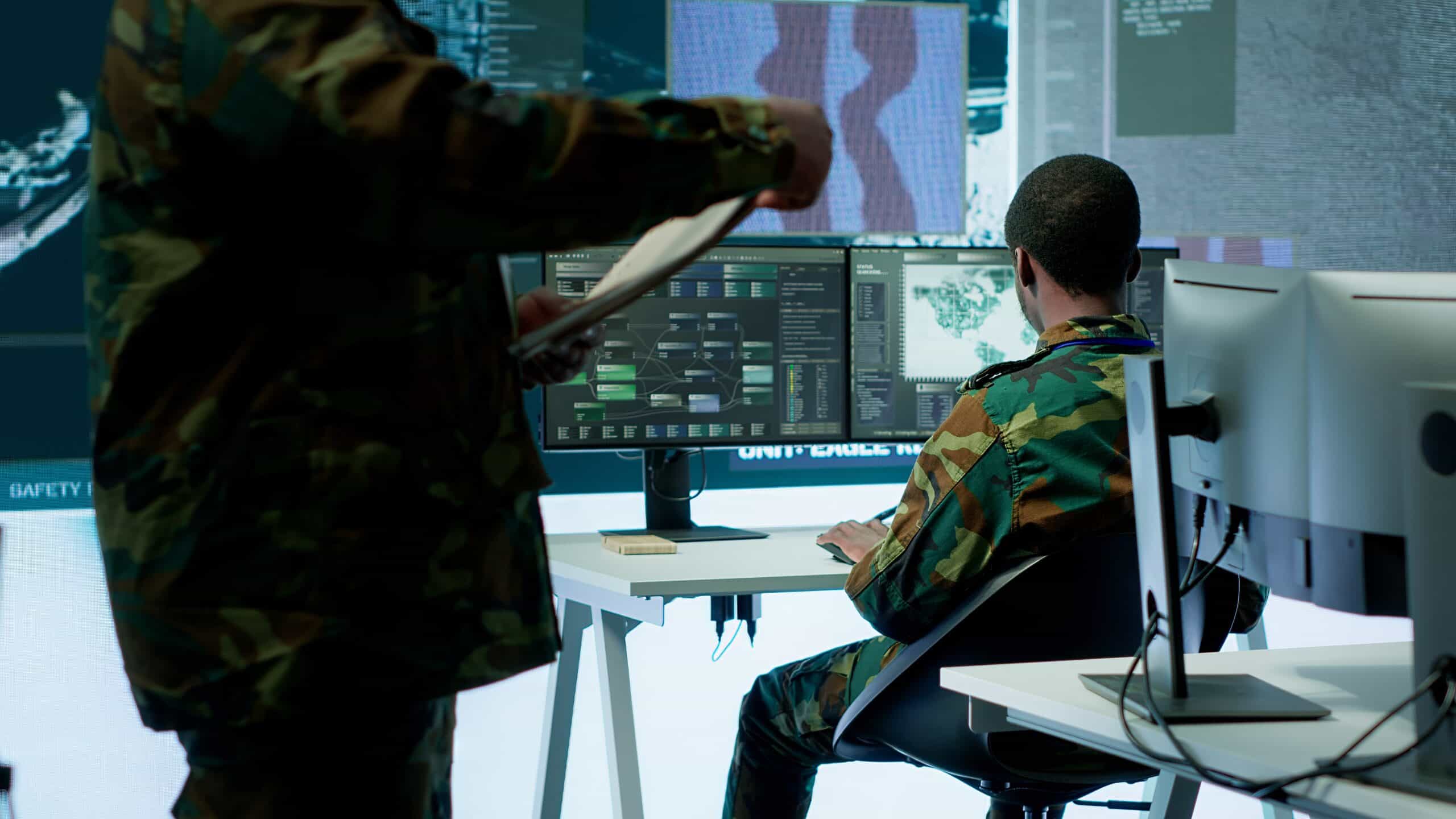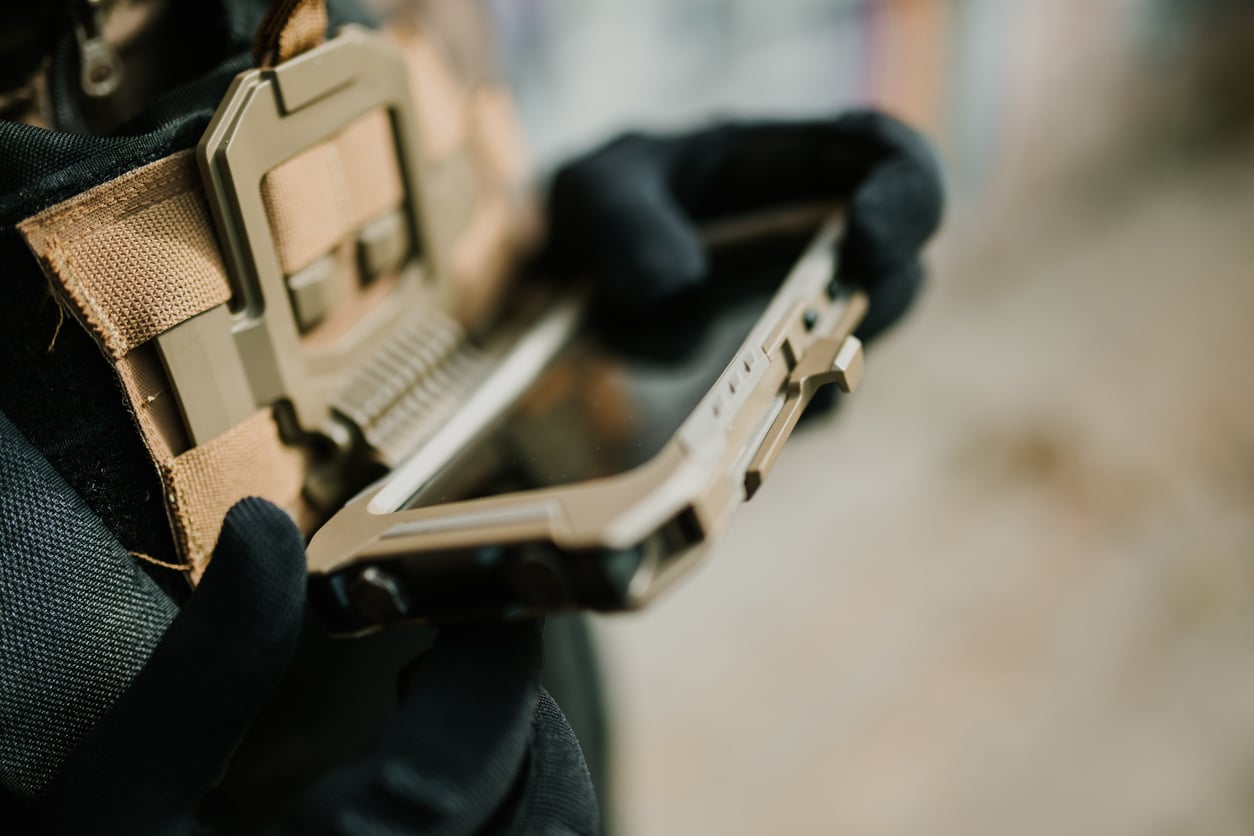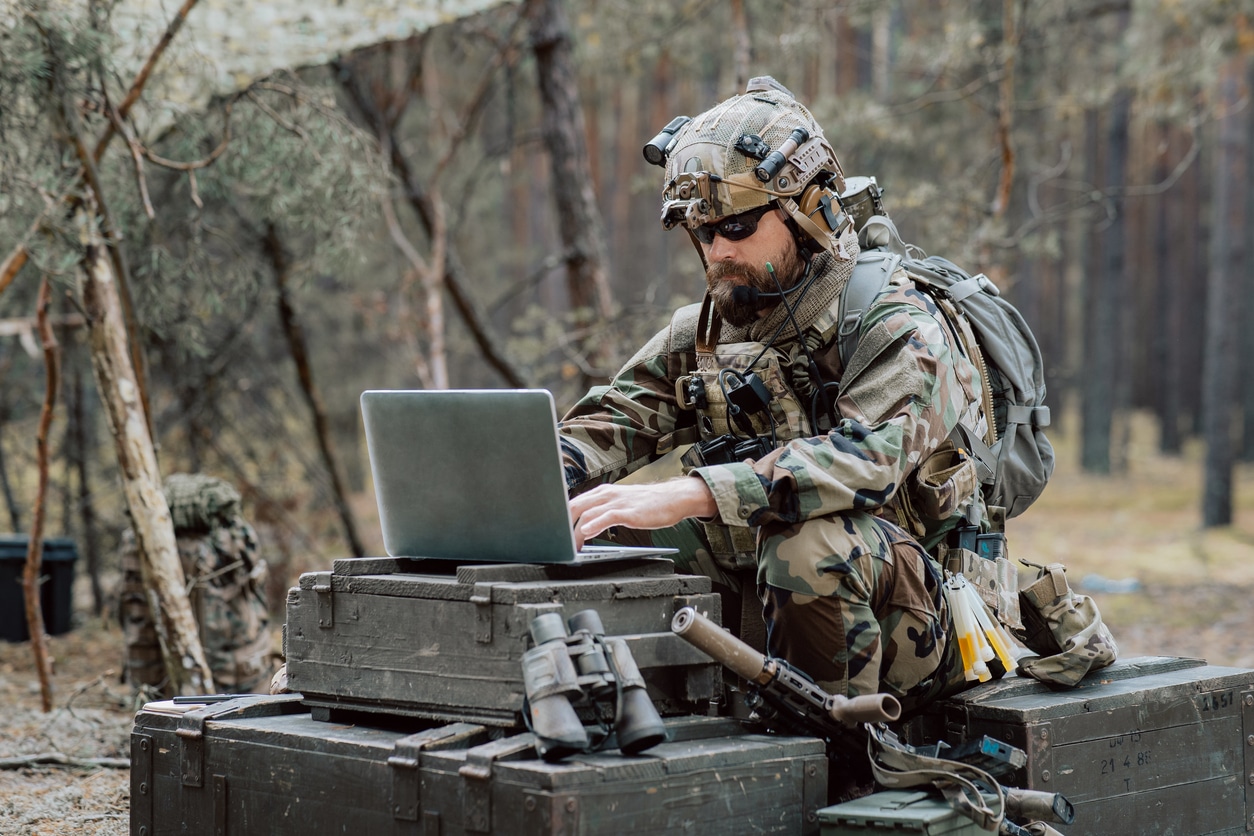Revolutionizing Defence Communications and Cybersecurity
The world is becoming more and more dependent on digital communications, and military forces are no different. The benefits of using digital communication assets far outweigh the risks. Digital communications assets have become indispensable to the modern warfighter. However, as with any technology, adversaries are constantly looking to find and exploit weaknesses in the system.
Cyberattacks, espionage, and data breaches can all cause significant risks to national security. The defence sector must constantly look for ways to keep sensitive information from falling into enemy hands. Quantum cryptography is one of the most promising developments in securing communication systems. In this article, we’ll briefly discuss what quantum cryptography is, how it works, and its potential in the defence sector.
What is Quantum Cryptography?
Quantum cryptography can be thought of as the melding of quantum mechanics and cryptography with the goal of creating highly secure communication systems. Traditional methods of cryptography are based on using mathematical algorithms to encode information in order to secure data being transmitted between points. These methods have been very successful, but like all technologies, they have a shelf life.
Traditional methods can be susceptible to attacks from quantum computers, which have the power to break encrypted codes. Without getting too technical, quantum computers process information much more efficiently than traditional computers. Because of a phenomenon called superposition, the speed at which these computers work can be exponentially faster than the computers most of us are used to.
Using the rules of quantum mechanics to send data in a secure manner, quantum computers work by using small particles, like photons, which behave in unique ways, such as being in multiple states at once (quantum superposition) or linking together even when far apart (quantum entanglement). This makes it easier to encrypt information in ways that are more difficult to hack than traditional methods.
One of the main examples is the use of Quantum Key Distribution (QKD). In this method, two parties share a secret code. If someone were to try and hack the system, it would disturb the quantum particles. This, in turn, will let the sender and receiver know someone is eavesdropping. In doing so, the system is made more secure.
Potential for Defence Communications
With the promise of highly secure methods for passing information, you can see how quantum cryptography would be of interest to the military and others in the defence sector. History has many examples of how the interception of enemy communications greatly affected the outcome of an engagement. For example, when US Navy codebreakers were able to break the Japanese code during World War II, it gave them a significant advantage at the Battle of Midway, turning the tide in the Pacific to favor the United States.
Information such as supply levels, casualty reports, troop movements, and other classified intel must be secure from hackers or other adversaries. While traditional encryption methods are strong and continue to keep information secure, they will have a much more difficult time withstanding attacks from quantum computers.
Quantum cryptography is the answer to the threat of quantum computers. Because there is virtually no way to hack into the system without being detected, there is a very high probability that information will remain secure. To further drive home the point, here are four of the key benefits of quantum cryptography that are of particular interest to parties in the defence industry.
-
Unbreakable Encryption:
Current methods of encryption get their strength from complex mathematical algorithms, while quantum cryptography is based on the laws of physics. Quantum computers can cause real issues for the defence sector when attempting to break mathematical algorithms, but not against the laws of physics.
-
Real-Time Detection of Eavesdropping:
This is perhaps the greatest advantage of quantum cryptography. Any attempt to attack the system will disturb its quantum state. Defence agencies will be able to quickly respond to any attack as soon as it happens.
-
Secure Long-Distance Communication:
Thinking back to our discussion regarding quantum entanglement, the use of quantum repeaters and satellite-based QKD would allow for secure long-distance communications without the fear of data becoming compromised.
-
Resilience to Future Threats:
Since the technology is based on the principles of physics and not mathematical algorithms, it means that even as threats evolve, quantum cryptography provides a level of security that will remain secure well into the future, even as quantum computers become stronger.

The Future of Quantum Cryptography in
Defence and Cybersecurity
Quantum cryptography is a relatively new technology and is still being developed. Even so, given the unmatched level of security that can be provided by utilizing quantum cryptography to encrypt data, it is highly likely that we will see widespread adoption of it across the defence sector. Investments by governments and defence agencies in quantum cryptography are increasing around the world. The race is on to see how this technology can ensure communication systems are unhackable.
As quantum cryptography continues to develop, it may become the primary means of protection from cyberattacks. It promises an unmatched level of security, especially when compared to traditional methods in use today. When we look at the ability to detect anyone trying to eavesdrop on the system with its inherent resiliency to attacks, even from quantum computers, it is difficult to imagine a future where quantum cryptography is not the preferred means of data encryption.
Quantum cryptography is a game-changer for the defence sector, offering unparalleled security at a time when digital threats are constantly evolving. Its ability to detect eavesdropping in real-time and provide unbreakable encryption based on the laws of physics makes it a vital tool for safeguarding sensitive military communications.
Traditional encryption methods will continue to face increasing challenges from the rise of quantum computing. The defence industry will need to turn toward quantum cryptography to ensure the future of secure data transmission. With ongoing advancements, this technology is poised to revolutionize cybersecurity and defence communications, setting new standards for data protection.


